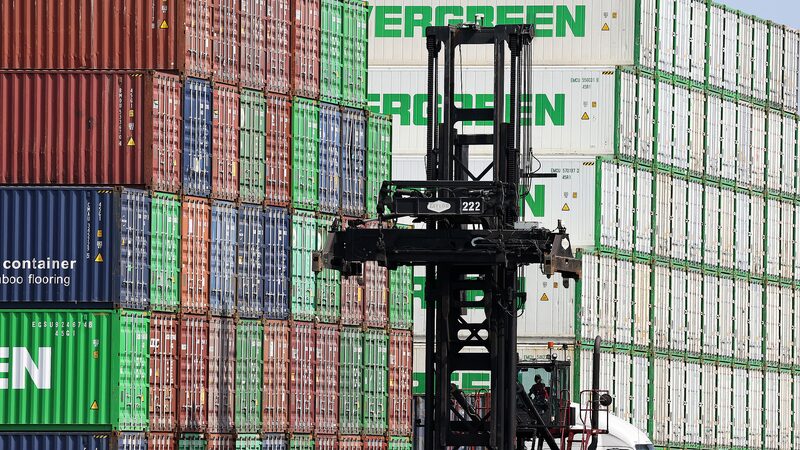US President Donald Trump confirmed Tuesday that 25 percent tariffs on imports from Canada and Mexico will take effect either on time or by March 4, 2025, following a one-month delay. These tariffs will cover $918.54 billion in imports, marking the largest import volume affected in world trade history. Additionally, the tariffs will impact 27.9 percent of total US imports worldwide, amounting to nearly $3.3 trillion in 2024.
The implementation of these tariffs is set to deal a significant blow to the exports of both Canada and Mexico, as the US accounted for 75 percent of total Canadian exports and 80 percent of Mexican exports in 2024. The US economy is also expected to face challenges, including a rise in inflation. Furthermore, with Canada and Mexico ready to enact similar retaliatory measures, US exports to these countries—which make up one third of the US global market—are likely to suffer substantially.
Bound by the regional free trade agreement known as USMCA, the supply chain between the three countries has been built on a foundation of zero-tariff free trade. The sudden imposition of a 25 percent tariff is poised to cause serious disruptions to the North American supply chain.
The US is a leading global producer and exporter of oil and gas but also relies heavily on imports, particularly from Canada, which is the predominant supplier. In 2024, the US imported $176.47 billion worth of oil and gas, with Canada accounting for $106.25 billion, or 60 percent of the total supply. While only a 10 percent tariff applies to oil and gas imports, this measure is still expected to result in higher gas prices for US manufacturers and consumers, and may lead to a potential market shift away from Canadian suppliers.
The introduction of these tariffs signifies a major shift in North American trade relations, with far-reaching implications for the economies of the US, Canada, and Mexico. The disruption of established supply chains and the potential for retaliatory actions underscore the complexities and interdependencies inherent in international trade agreements.
Reference(s):
cgtn.com







